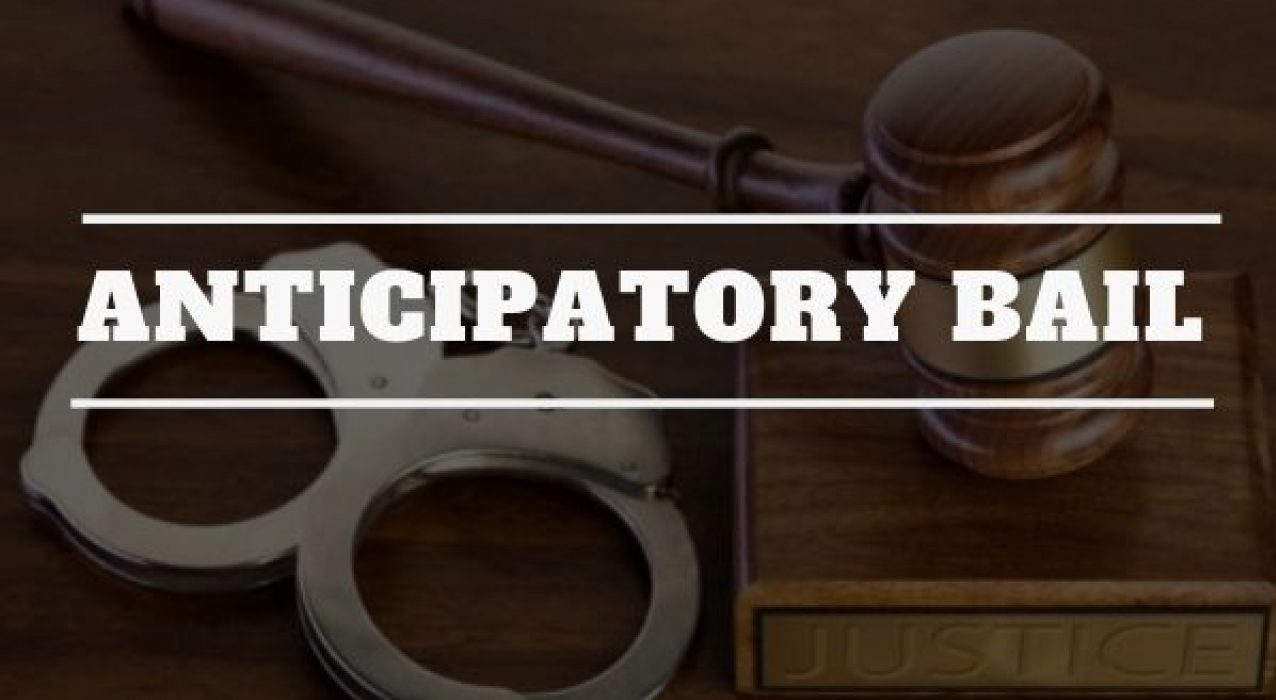- The subject matter is one grey area that often comes to the fore raising heckles about the motive of the agencies entrusted with the responsibilities of ensuring the law-and-order situation on the ground. As is known, it is a matter of routine for the police to resort to preventive detention whenever the agency foresees trouble brewing on the firmament leading to challenging situations later. To preempt any disturbances from obstructing the day-to-day smooth functioning, the police are empowered to undertake arrests of all those usual suspects vis-à-vis rowdy sheeters, roll-callers, petty thieves, and anti-social elements.

PC: Sanyukta Dharmadhikari
- Conversely, the police authorities are also berated for rounding up lesser-known offenders under the guise of preventive detention thereby questioning the plausible authenticity behind such a move. What should otherwise be treated as a routine rounding up often results in high-handedness on the part of police when the affected individuals seek relief from the courts for incarceration on specious grounds. Against this backdrop, in a verdict that should educate authorities everywhere, the Supreme Court has said preventive detention requires serious threats to public order, not merely law and order apprehensions.
- This came about over an alleged white-collar offender’s wife complaining that her husband was placed under preventive detention for a year by Telangana authorities under the apprehension that he would commit offenses. The matter came to the fore after the man being granted anticipatory bail in five cases. Elaborating further on the matter, the court noted that cheating or criminal breach of trust certainly affects law and order but to place a person under preventive detention entails a serious threat to public order, potentially affecting the community or public at large. It is interesting to observe the Telangana police did not demand cancellation of anticipatory bail which tells a lot about policing in no uncertain terms.

PC: Oishika Banerji
- Make no mistake, taking recourse to preventive detention is sheer troubling simply because the measure is tantamount to imprisonment without trial or proper investigation or arraignment before a magistrate within 24 hours of detention. No wonder, scores of human rights activists are up in arms against such police excesses calling for restraint. Despite the Constitution sanctioning preventive detention only with time-honored safeguards, ostensible justification for undertaking such detentions comes from the country’s history of massive agitations on statehood, quotas, peasant, labour issues, localized violence, communal riots, and insurgencies.
- It is unambiguously mentioned that this power must be sparingly used when there’s a reasonable probability of public disorder, and definitely not to punish troublemakers or keep them completely out of circulation. However, the police often tend to look the other way whilst nonchalantly going about their tasks. Because of the above, police authorities should exercise honest discretion while resorting to arrests keeping in mind the dictum of the SC not to subject innocent citizens to undergo tribulations in the absence of acceptable explanation(s).





